Skin cancer, one of the most common cancers in the world, claims the lives of 20,000 Europeans every year, and at least 100 to 200 times as many are treated surgically. Exposure to the sun results in highly mutagenic DNA damage, caused by UV radiation. However, if detected at an early stage, skin cancer is virtually 100% treatable. The challenge is therefore to discover new early biomarkers of skin cancer to better identify those at risk.
Researchers at IRIG (Biosciences and bioengineering for health Laboratory Irig/BGE) plan to find a treatment for "moon children" who present with a rare genetic DNA repair disorder characterized by increased photosensitivity to UV light and a high incidence of skin cancers. By studying the cells of these children, the researchers will develop a new tool for modeling skin cancer and studying its molecular pathogenesis.
In practice, skin organoids will be constructed from the skin cells of the "moon children" patients; organoids are small structures mimicking the structure and functionality of an organ, such as the skin in this case. The skin organoids of "moon children", irradiated by a solar simulator, provide an ideal model for understanding the causes of skin cancer (transition from a normal cell to a skin cell), and identifying early biomarkers of this disease.
Thanks to this early detection of skin cancer risk factors, researchers will be able to design new therapeutic or preventive strategies to combat this disease and, by extrapolation, all skin cancers.
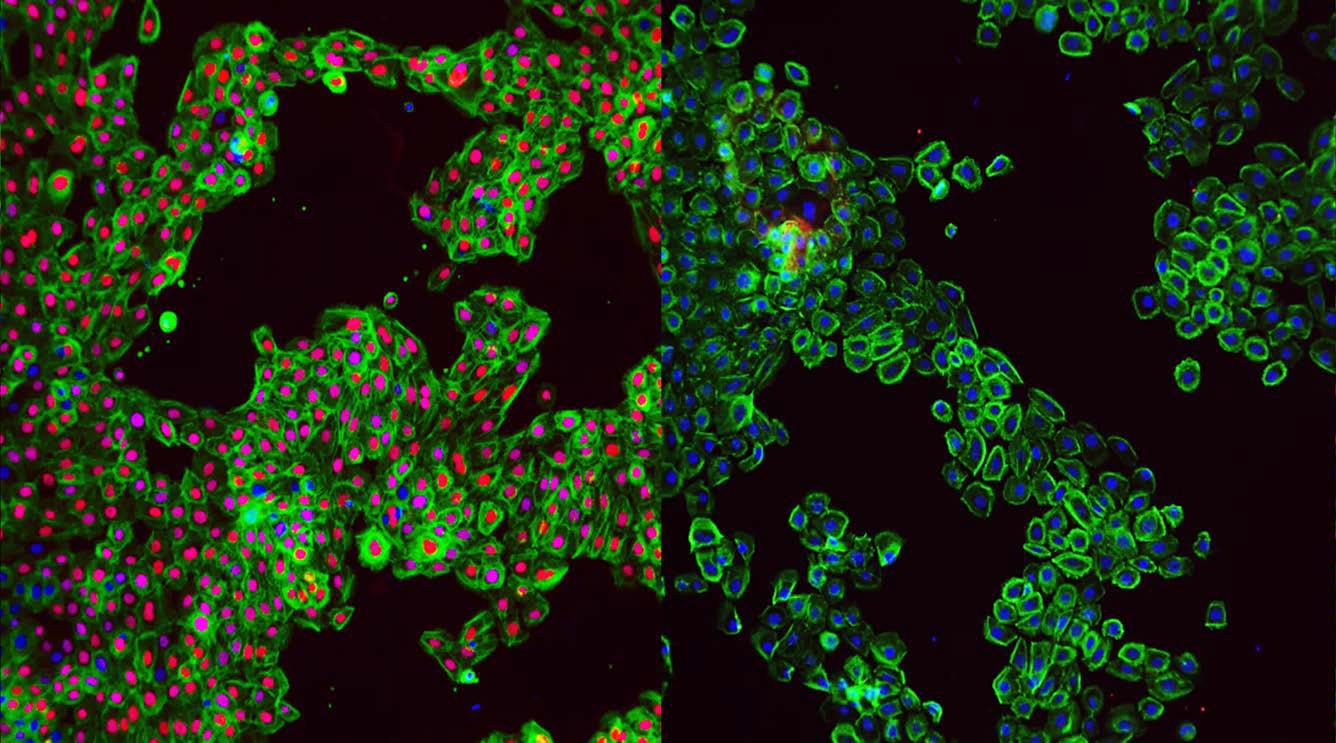
Left figure: skin cells with normal XPC protein expression (nuclei marked in pink).
Right figure: skin cells mutated for the XPC gene (disappearance of XPC expression, absence of pink staining in nuclei).
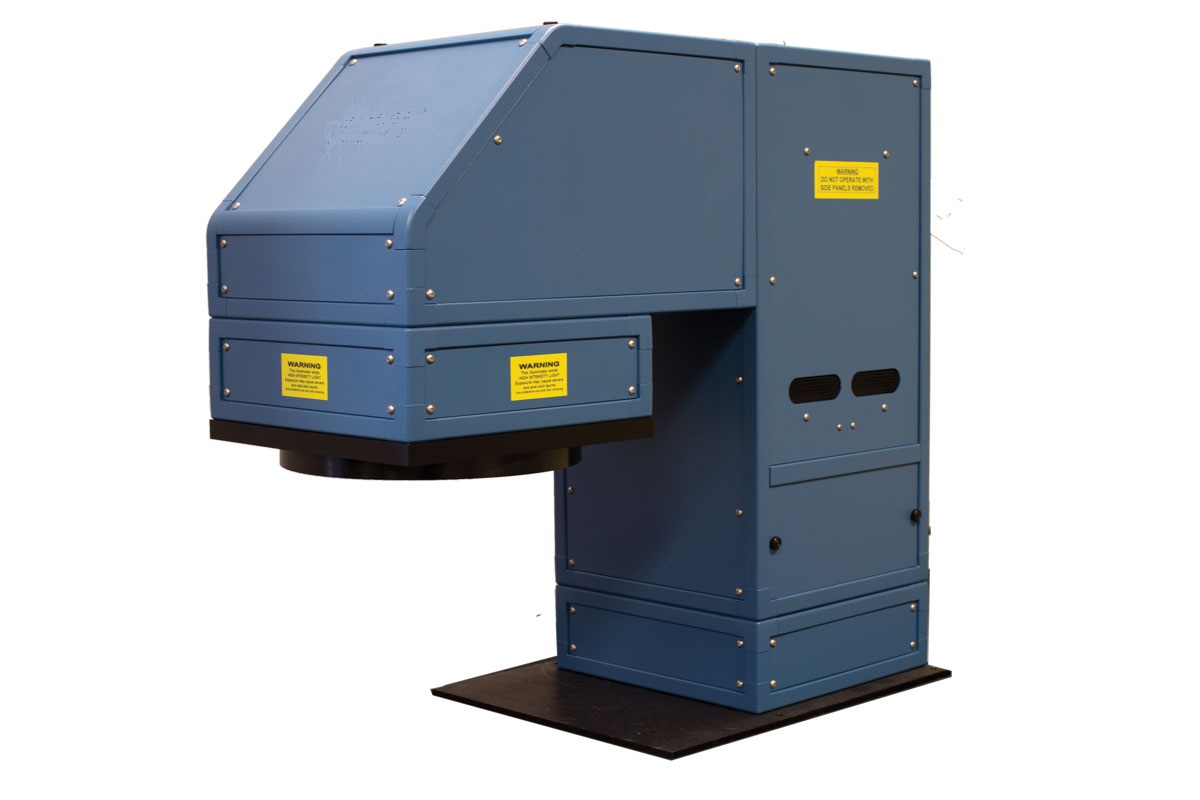
The €59,800 donation from the "Jetons cancer" association will be used to purchase a solar simulator capable of mimicking the sun's rays to irradiate skin organoids.
The simulator will be shared with laboratories working on skin cancers, and in particular with the IAB laboratory (Institute for Advanced Biosciences) and the dermatology department at CHUGA (Pr Marie-Thérèse Leccia and Julie Charles), with whom the Irig-BGE is already collaborating on skin cancers (and in particular melanoma).
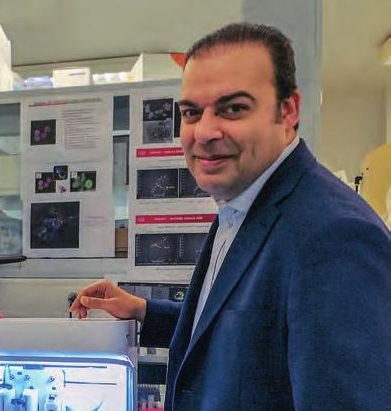 Professor Walid Rachidi, PhD, DHDR
Professor Walid Rachidi, PhD, DHDRUA13, Inserm/CEA/UGA, Biosciences and bioengineering for health Laboratory (Irig/BGE)
BIOMICS team
Head deputy faculté H3S (Humanités, Santé, Sport et Sociétés)
Vice-dean Research UFR de Pharmacie
Director Master 2 "Thérapie Cellulaire, Génique et Ingénierie Tissulaire"
Université Grenoble Alpes
Facultés de Médecine et Pharmacie
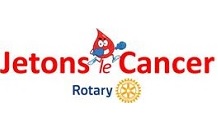
"Jetons le cancer" association
With the support of Rotary Club volunteers, fund-raising events are organized in supermarkets on World Cancer Day in February (next collection on Saturday, February 3, 2024).
An Endowment Fund guarantees the transparency of this operation, and avoids operating costs. The funds raised are allocated entirely and exclusively to the purchase of equipment for research and the fight against cancer. The results are communicated to the public via the press.
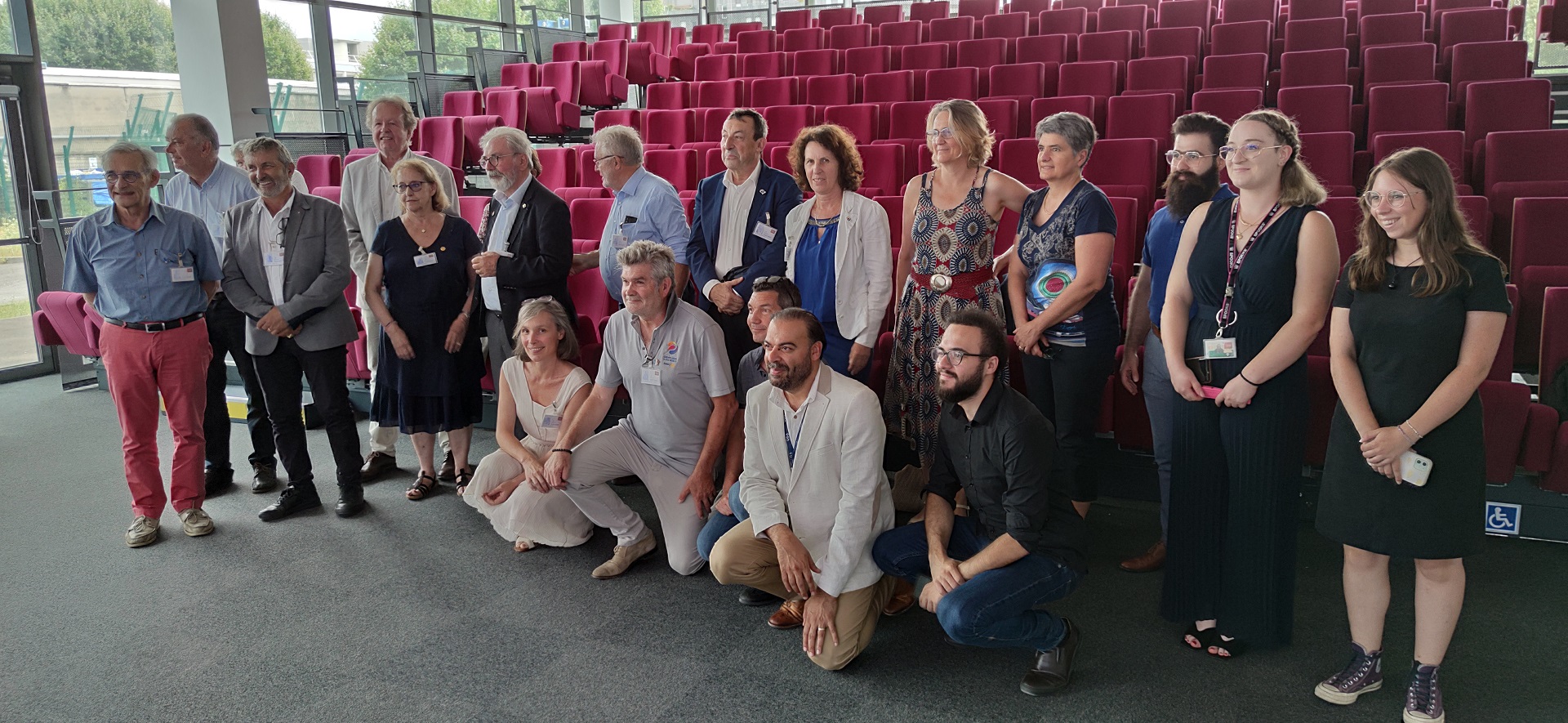 Photo: ceremony on july 12, 2023 (A. Farchi/CEA-Irig)
Photo: ceremony on july 12, 2023 (A. Farchi/CEA-Irig)